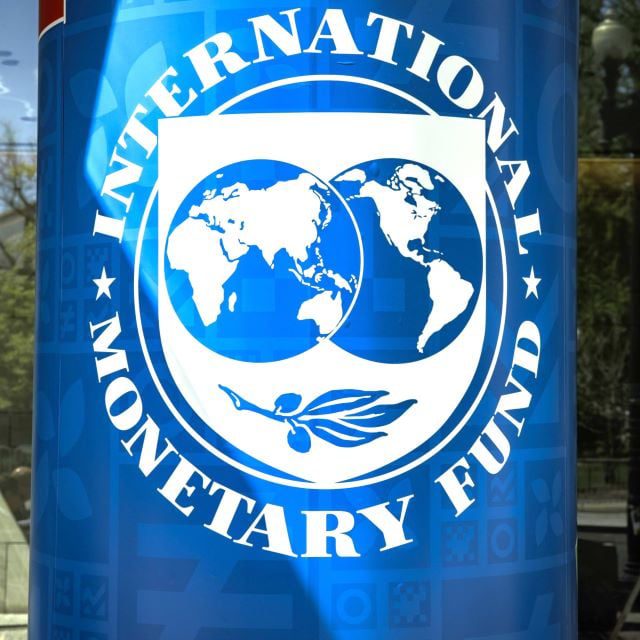IMF Economists: Bermuda Rules Make Annuity Issuers Look Better

What You Need to Know
The Bermuda Monetary Authority says its rules for counting capital are not that unusual.
Three IMF economists argue that BMA rules make investing in illiquid assets more attractive.
Another concern: Lack of the kind of detailed public reports U.S. regulators require.
Economists at the International Monetary Fund make the case that Bermuda’s capital counting rules really do encourage annuity issuers in the United States and Europe to buy reinsurance from companies based in Bermuda.
Bermuda lets reinsurers build assumptions about high future earnings on hard-to-sell, hard-to-price assets into benefits obligation valuations, then build the expected extra gains into current capital totals, according to a research note by Fabio Cortes, Mohamed Diaby and Peter Windsor.
Because annuity issuers in the United States can use reinsurance from Bermuda-based companies to meet capital requirements at home, “this has created incentives for life insurers to reinsure their portfolios to Bermuda-based insurers that back these portfolios with fewer liquid assets,” the IMF team writes.
The allocation of portfolios invested in illiquid assets is about 5% at big life insurers in most of the world and about 20% at typical reinsurers based in Bermuda, according to the IMF team’s analysis.
What it means: The Bermuda Monetary Authority recently emphasized in a paper of its own that it keeps close tabs on insurers and reinsurers and pushes back when they use overly aggressive investment strategies, but some outside observers still have concerns.
The IMF: The IMF is a nonprofit, Washington-based organization that was founded in 1944 and works to promote economic stability and monetary system cooperation throughout the world.
Economists there write papers about many topics. The Cortes team’s paper is part of a series of papers about issues that could affect global financial stability.
Asset-backed securities: U.S. regulators and rating agencies have often looked at private equity-backed insurers and concluded that, although the rush to private equity firm involvement and use of Bermuda reinsurance raises questions, it’s hard to find evidence that the private equity-backed insurers are behaving much differently than their competitors.
The Cortes team argues, based on a 2020 IMF paper, that private equity-influenced management teams reduce the share of corporate bond investments in life insurers’ portfolios by about 7 percentage points within about a year of taking over and increase the share of private-label asset-backed securities, or ABS, by about 6 percentage points.
“PE-influenced life insurers more aggressively take advantage of a post-global financial crisis regulatory change by U.S. state insurance regulators where external ratings of ABS, which were significantly downgraded after the global financial crisis, were replaced by a rating based on the difference between book value and modeled expected loss on the relevant ABS,” the Cortes team writes.




